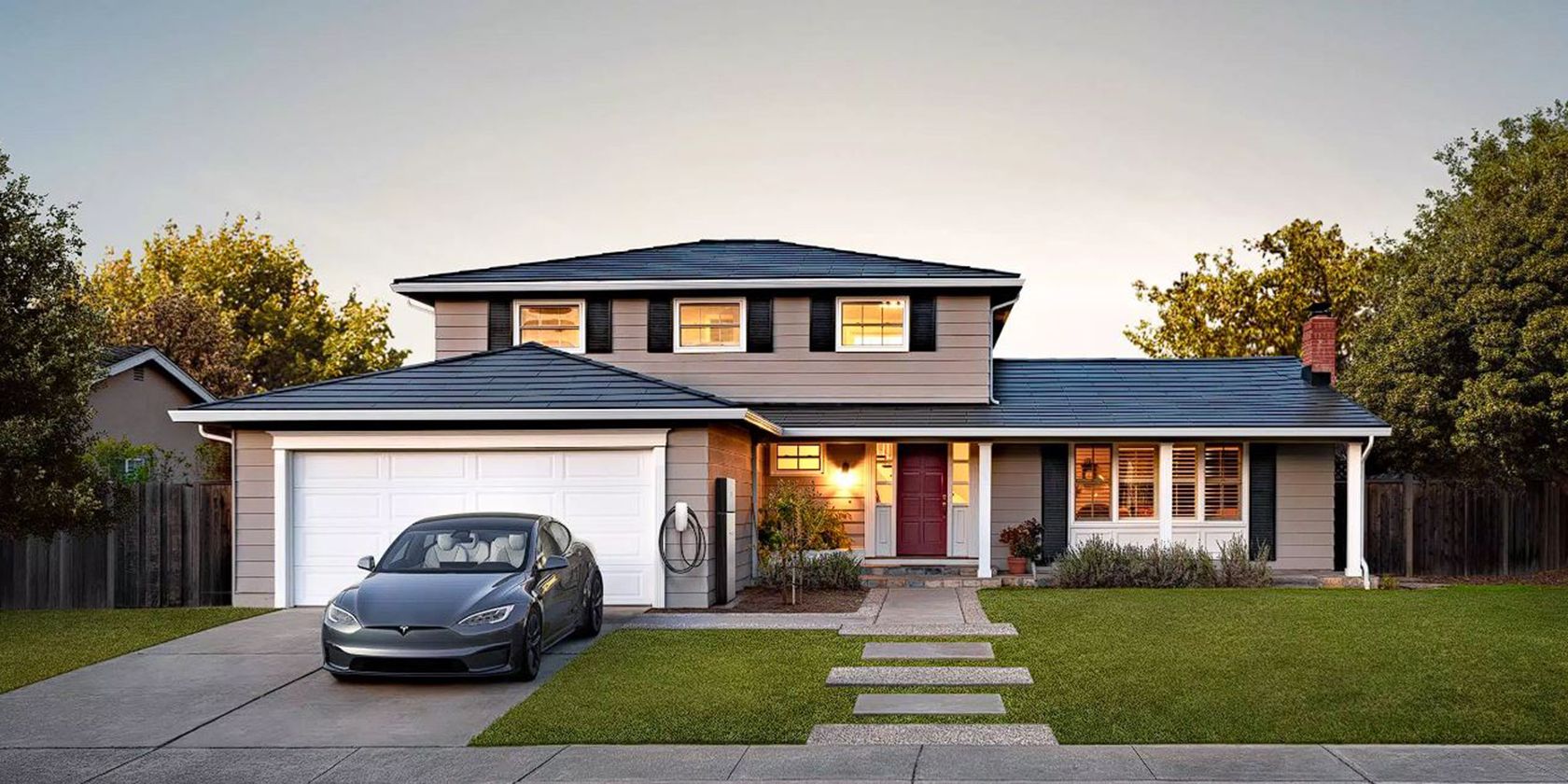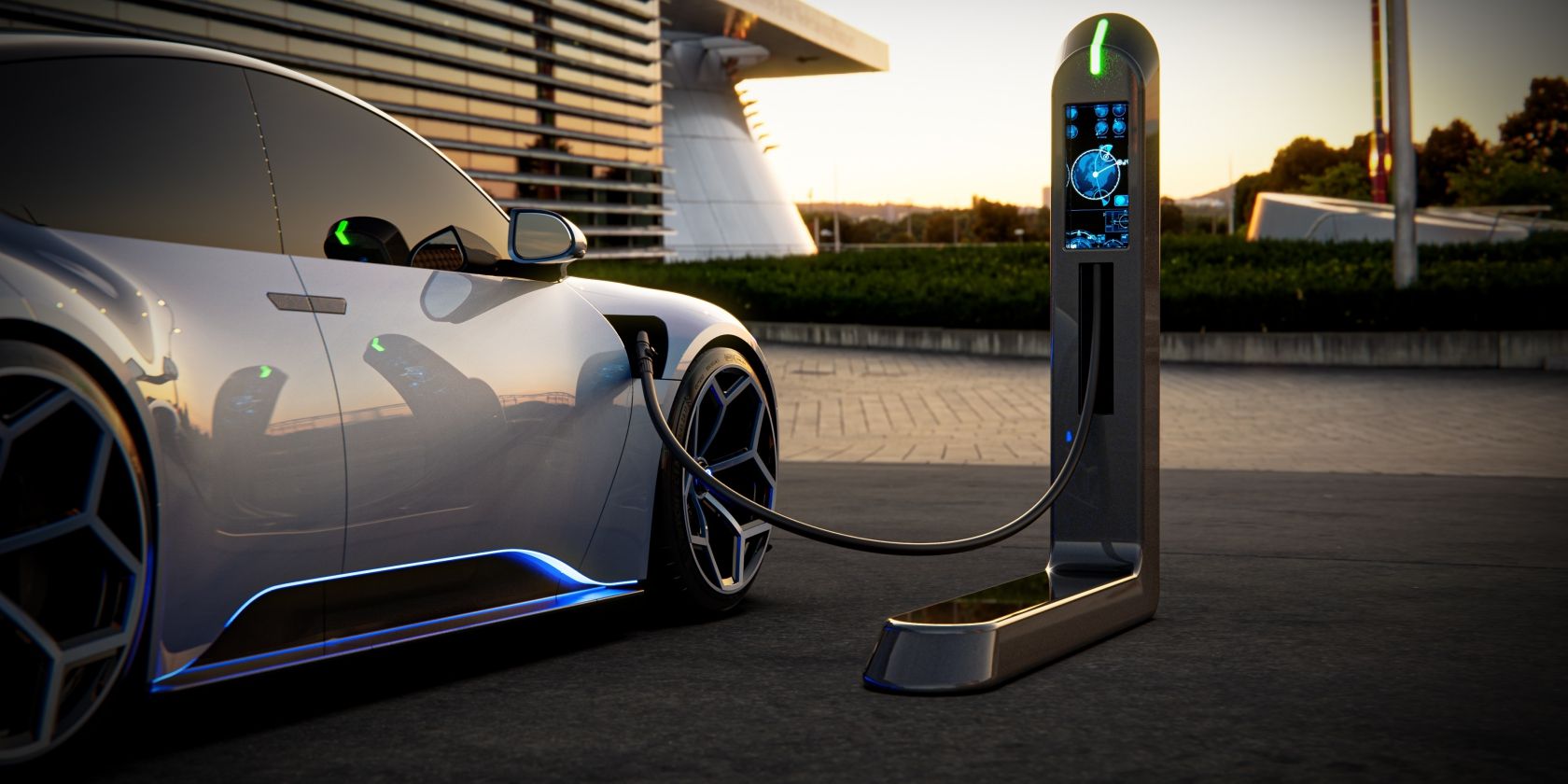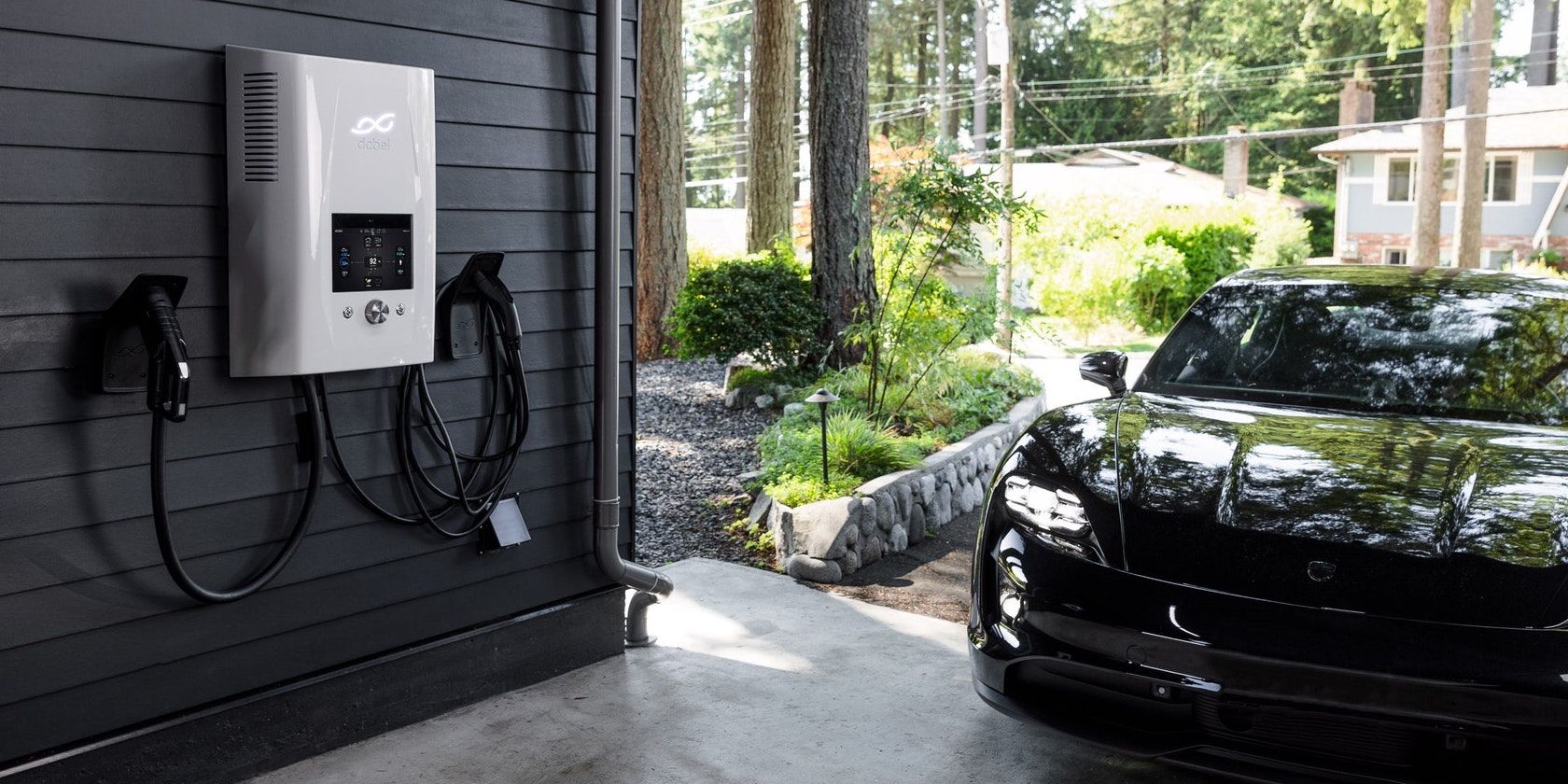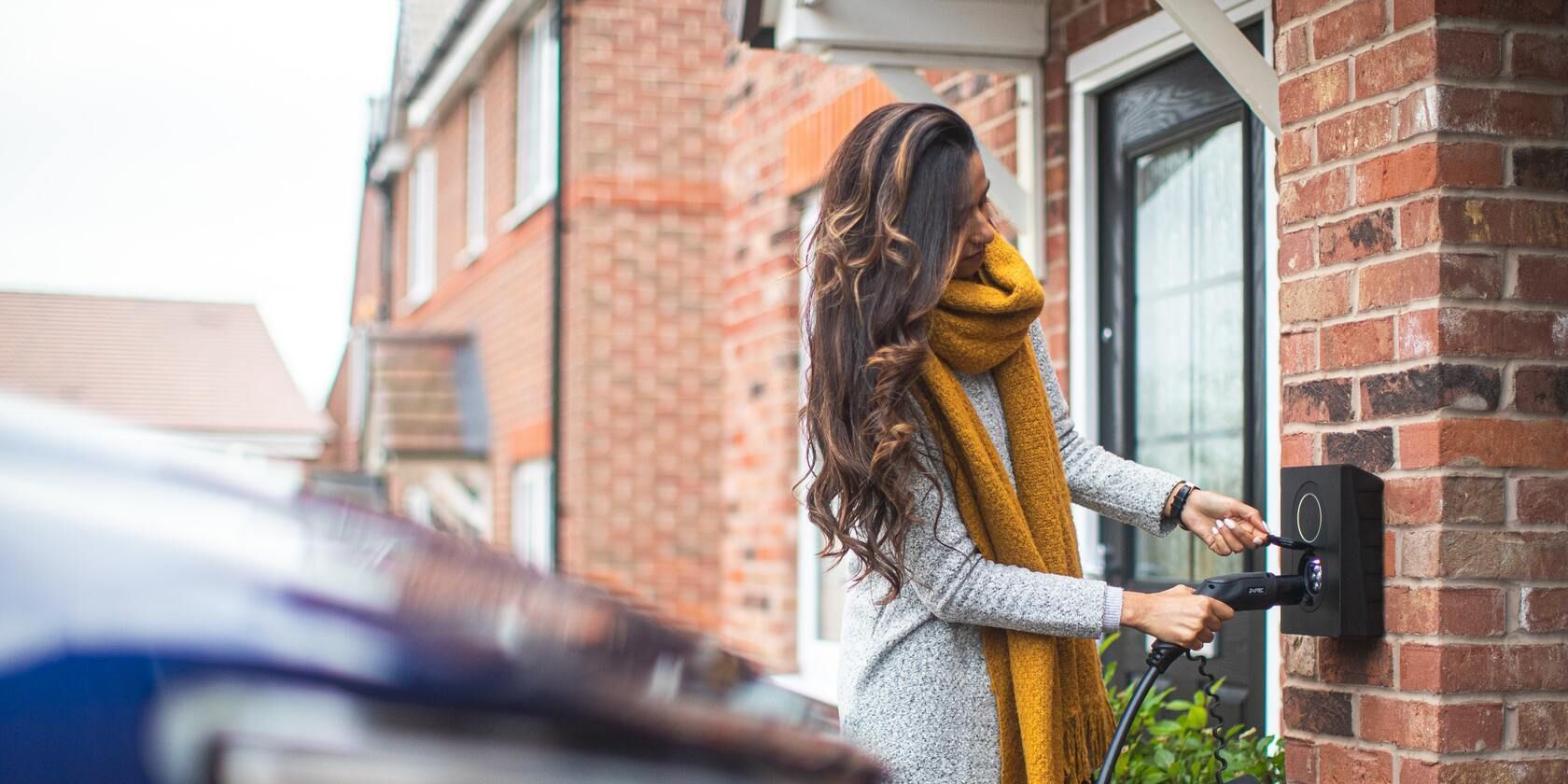Electric vehicles are everywhere. Due to the ever-growing popularity of EVs, it's important to be aware of how EV ownership can differ from buying a traditional vehicle.
Usually, when you purchase a car, you don't have to worry about anything fuel-related except getting to the gas station before the needle hits empty.
This is different with EVs, as you have different options to charge your vehicle. In addition, some of these options are faster and smarter than others, while some you can have in your home.
What Is a Smart Charging Station for the Home?
Electric vehicle charging can seem like a confusing mess, but it's really not that big of a deal. Typically, EV manufacturers include a wall connector for your EV, and this is an L1 charger.
This type of connector charges the vehicle slowly, and depending on your vehicle's battery size, it can take more than a full day to completely charge your battery from empty.
So, as a solution, people have L2 chargers professionally installed in their homes to enjoy faster charging that can fully recharge their EVs by the next morning.
But not all L2 chargers are created equal. The features vary between different brands, and some L2 chargers qualify as smart. For example, some units can be hardwired into your home's electrical architecture, while others connect to a 240V outlet and can be mounted on the wall.
So, where does a smart EV charging station feature in all this? One of the biggest differences is that smart units allow connectivity between the charging station and your smartphone while the car is plugged in. This connectivity is usually achieved through a Wi-Fi connection.
What Can You Do With a Smart Charging Station?
There are basic wall-mounted L2 chargers that charge your vehicle and do little else. Whereas the "smart" wall-mounted chargers have Wi-Fi connectivity and allow you to perform various functions that you wouldn't be able to do with a conventional charger.
Smart home chargers allow the user to program charging start times for the vehicle, even allowing programming charging times to coincide with lower off-peak hour rates.
You can set up a charging schedule via an app and even change these settings for the weekend. Tesla offers a Wall Connector, which can be controlled via its app.
According to Tesla's support page, you can set up charging schedules for your vehicle and even access charging history logs from the app.
The Tesla app allows you to manage a custom charge schedule or accept the default off-peak charge schedule on your Wall Connector.
In typical Tesla fashion, you can rest assured that your Wall Connector will stay up-to-date thanks to its over-the-air updates. This is important, especially with a company like Tesla that likes to fix issues that might pop up as soon as possible.
Should You Buy a Smart EV Charger for Your Home?
It really depends on your personal needs. If you rarely feel the need to charge up your EV completely every single night, the normal 120V charger might be more than enough for you.
This means you can also bypass the need for a professional installation of an L2 charging station. However, you'll have to contact a professional electrician if you want the unit hardwired into your house's electrical system.
Even if you buy a unit that plugs into a 240V outlet, you'll most likely need an electrician to install the new outlet anyway. Of course, there are non-smart home chargers as well, but for the price, you might as well get an excellent smart charger like the ones Topdon makes.
A Smart EV Charging Station for Your Home Is a Great Investment
Buying a smart charging station for your home is a great investment, and choosing the right one guarantees that you can keep the same system, even if you upgrade to a different EV in the future.




